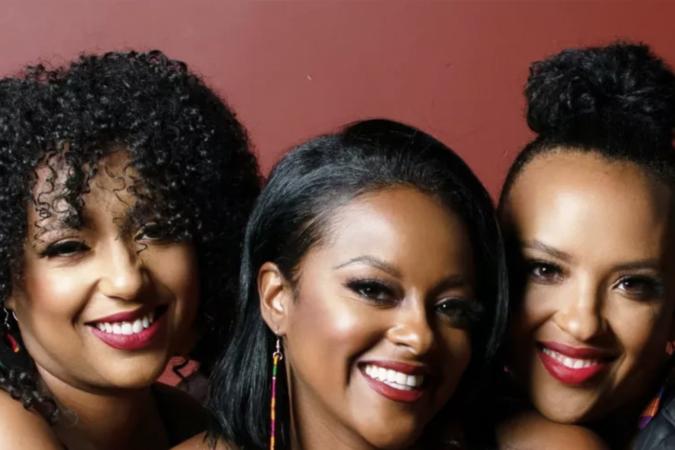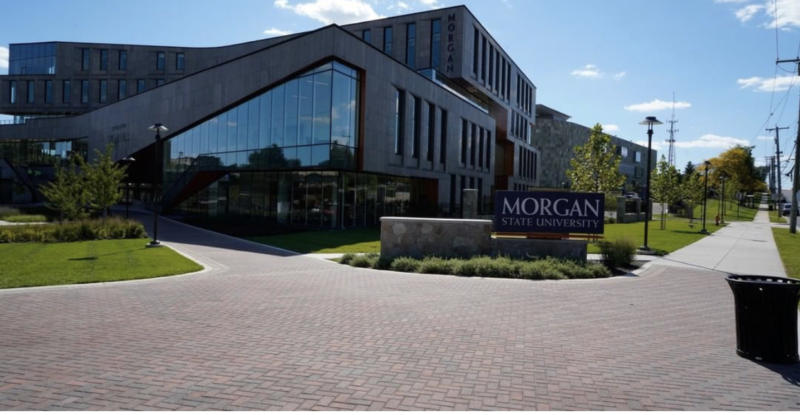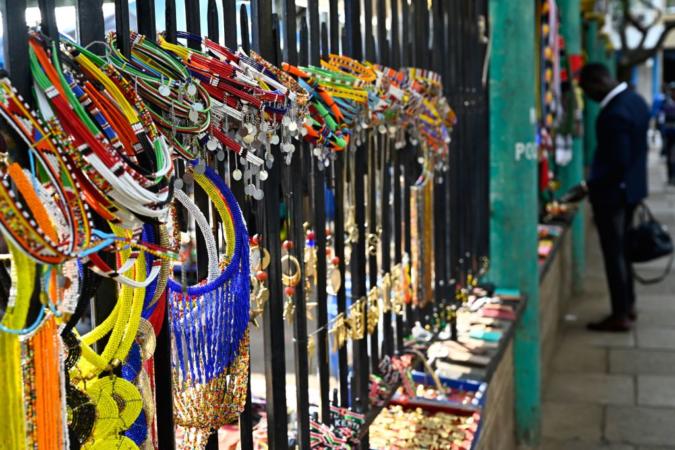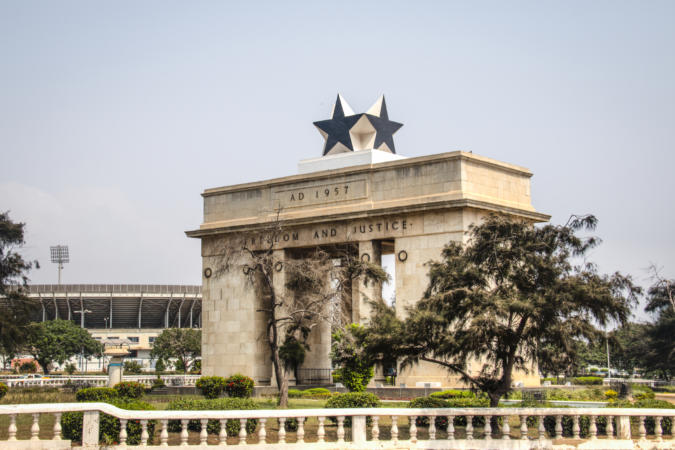Showing 6 results for:
economic growth
Popular topics
All results

Last year, founders Layla Nielsen, Natalie Robinson and Love-leigh Trimiew announced plans to launch HellaBlack, a new e-commerce marketplace for Black retailers and enthusiasts — now the digital shopping platform is officially live. In an op-ed for Blavity, Trimiew previously wrote about how her family’s story and desire to own her historical narrative inspired her to start her own Black-owned business. “In the wake of George Floyd’s murder, there have been many important articles written about the history of Blacks being denied the opportunity to thrive economically — Wilmington, North Carolina, and Tulsa, Oklahoma are often cited,” she wrote. “A lot of Black thought-leaders have written think pieces about the necessity of Black economic empowerment. I am neither a philosopher, historian or expert in African-American studies. I am a Black woman business owner, the descendant of West African slaves and an East African immigrant, looking to my own historical narrative of hope amid...

Africa’s future is looking brighter than ever and pretty soon a trillion-dollar valuation could be on the horizon for its economy. For Africa — the world’s youngest and fastest-urbanizing continent — it has the potential to grow even larger than it is today as a report from McKinsey & Company estimates that the continent’s business opportunities could be worth $5.6 trillion by the year 2025. According to the 2016 report, Africa’s consumers and businesses already bring in $4 trillion annually, and is steady growing rapidly. These predicted opportunities could increase across several different industries including agriculture, infrastructure, and the continent’s abundant natural resources. Though these factors remain true, a 2019 Goldman Sachs economic research report shares that these economic drivers of “secular acceleration” have only accounted for roughly 30% of Africa’s GDP growth since 2000, stating that they appear to be “deep and structural,” the World Economic Forum reports....

Historically speaking, HBCUs have long prided themselves on their community involvement and deep ties to local areas they occupy. A 2017 report commissioned by UNCF’s Frederick D. Patterson Research Institute previously shared that HBCU institutions have generated over 130,000 jobs both locally and regionally for their home states and make up $14.8 billion in economic impact, according to a press release. Now this week, a new independent study ordered by Baltimore’s own Morgan State University shows that the HBCU currently accounts for $1.1 billion generated in annual financial impact on Maryland and $640 million within Baltimore City. Morgan fiscal footprint leaves lasting economic and community impression in Maryland and Baltimore, more than $1B impact in state and $640M in Baltimore – Read More 👉🏾 https://t.co/yvMwoLBPVr #MorganMomentum #EconomicImpact — Morgan State University (@MorganStateU) January 25, 2021 The new study — conducted by national economic consulting firm Econsult...

TIAA — a Fortune 100 financial services company and pension fund giant — has been a longtime supporter of diverse and unique suppliers, but now has plans to strengthen its commitment by spending more on goods and services from those minority firms. According to a statement from the company, TIAA launched its Supplier Diversity Program nearly 30 years ago to support the need to build relationships with diverse and diverse-conscious enterprises. TIAA recently published its Supplier Diversity Economic Impact Report , in which it includes initiatives to develop strong working relationships with suppliers owned by minorities of unique backgrounds, including women, veterans, disabled people, and lesbian, gay, bisexual and transgender (LGBT) individuals. “We are proud of the work we’ve done to support and celebrate diverse and minority-owned businesses, but we know we must do more,” said Glenn Richter, Chief Financial Officer at TIAA, in a statement . “As our nation continues to reel from...

Africa is emerging as a new power as its social, economic, and political improvements show a consistent pace that will position them to play an important role in global affairs. Africa has come a long way in terms of economic growth in the past few years. According to The Economist , several of the continent’s countries are on track to have fast-growing economies until 2027. Seven African countries will be among the 15 to grow fastest economically until 2027 https://t.co/yC7W0jkdbu — The Economist (@TheEconomist) March 28, 2020 In 2019, Kenya reclaimed its crown for having the largest economy in Eastern and Central Africa, beating out its developing neighbor, Ethiopia, for the first time since 2016, as reported by Future Directions International . The continent’s demographics also play a huge role in its growth. According to The Economist , Africa’s population will nearly double by 2050, totaling to more than a quarter of the world’s population. Additionally, PWC reported that...

This year marks 400 years since African arrival in the United States in 1619. The “Year of the Return” is being celebrated across the world, particularly in Ghana, which has seen a recent influx of American tourism. For some, a return to Ghana has taken on a new meaning, as evidenced by the more than 125 new citizens residing in the country . From actor Boris Kudjoe’s December appearance on ABC’s “The View” in honor of “ The 1619 Project ,” to rapper Cardi B performing there, Ghana has been swarming with visitors. However, many African Americans — and many Ghanaian-born ones — are coming to the country not just to visit, but to live. They are bringing a different set of skills and business tools from the American economy to the motherland, and Ghana is responding with open arms. “ The climate in Ghana is ripe for entrepreneurs to fill potholes, add traffic lights and digitize tax returns, among other business moves, ” Ghanaian-born business owner Kojo Terry Oppong — who moved from...